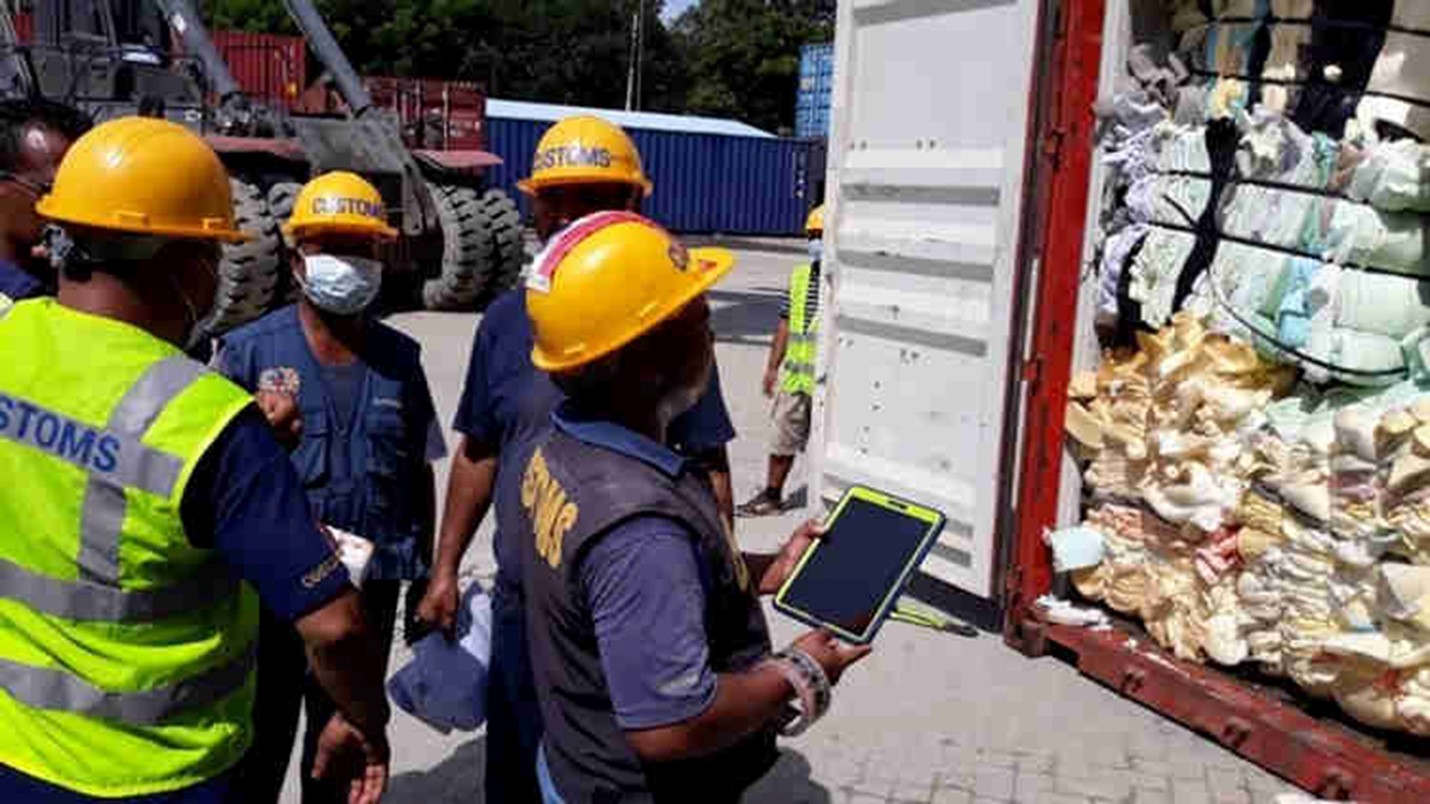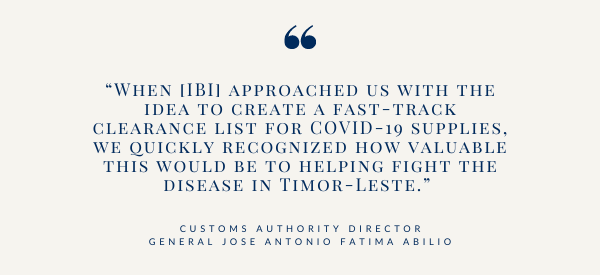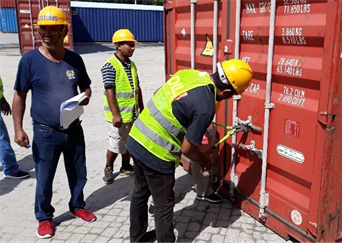
Member Spotlight:
Improving Efficiency at Customs in Timor-Leste: Through COVID-19 and Beyond
May 12, 2021 | By IBI Staff
Having worked as a prime contractor on several projects in Liberia during the Ebola crisis and as the implementing partner for the USAID/Timor-Leste Customs Reform Project, IBI was positioned to quickly adapt to the challenges and opportunities presented by COVID-19. This included support that resulted in keeping the nation’s most important entry port open, classifying critical goods for expedited import processing, and implementing telework and distance learning.
Leveraging Relationships: Opening the Seaport

The Dili Seaport accounts for nearly 90% of all import transactions in Timor-Leste, making it the most important entry port in the country. With many government entities shutting down operations at the beginning of the country’s State of Emergency, the IBI team intervened immediately and was able to exercise influence with Customs and other authorities to provide support that allowed the seaport to stay open. A closed port would have crippled the country and severely inhibited the government’s ability to effectively tackle the COVID-19 pandemic. As trusted experts, the IBI team was able to facilitate discussions between health, trade, and private sector stakeholders that allowed the port to operate safely under rapidly changing conditions.

Anticipating the need for emergency supplies to be used in responding to COVID-19, IBI helped the CA identify a list of goods that would be eligible for an expedited clearance procedure. The CA created a list of critical COVID-19 related goods—including test kits, disinfectants, protective clothing, sterilization products, thermometers, respirators, foodstuffs, building materials, and others. Using a three-tiered goods classification system developed by IBI, all 34 different types of critically important goods are now subject to fast clearance following submission of the declaration to Customs.
Overall, since 2017, the USAID-Timor-Leste Customs Reform Project (CRP) has helped the Customs Authority develop and implement a new risk management procedure, which has shown measurable results:
• the number of physical inspections undertaken by customs at Dili Seaport has been reduced by some 80%.
• the average time to import goods through Dili Seaport has decreased by 75%.

This risk-based approach has led to increases in the amount of revenue being collected, as fewer overall inspections mean staff can now properly examine higher-risk consignments. For example, following CRP support and mentoring, the CA identified that consignments of reusable lighters were commonly being undervalued by nearly 10 times their real cost, and sandals were being undervalued by over three times. With CA applying appropriate penalties, data shows that these types of consignments are now being declared with the correct values.
The strategies and trainings employed by CRP with their GOTL counterparts are making the CA more efficient in processing and collecting revenue, helping the country weather the economic effects of the COVID-19 pandemic. Despite a decrease of 33% reduction in goods processed through Dili Seaport in 2020 compared to 2017, there was only a 4% reduction in revenue collected. In part, this is due to the project’s ability to increase the average revenue collected per declaration (DAU) by 43%, from $4,444 to $6,340 between 2019 and 2020. Whether it is the speed of goods processing or revenue generation, the IBI implemented USAID-Timor-Leste Customs Reform Project continues to show measurable positive impact.
Since gaining independence in 2002, one of the youngest countries in the world, Timor-Leste, has been on a challenging course of reforming its government systems and reviving the economy. It has made significant progress in building the capacity of its agencies and improving regulatory systems. These efforts have become increasingly more difficult with the start of COVID-19. Responding to the pandemic, the government closed its borders in 2020, relying heavily on its Petroleum Fund to compensate for the impact of the State of Emergency (SOE).
The IBI-implemented USAID/Timor-Leste Customs Reform Project (CRP) has been supporting the Government of Timor-Leste (GoTL) since 2017 to strengthen the performance of the Customs Authority (CA) and increase government revenue through improved systems, procedures, and personnel.